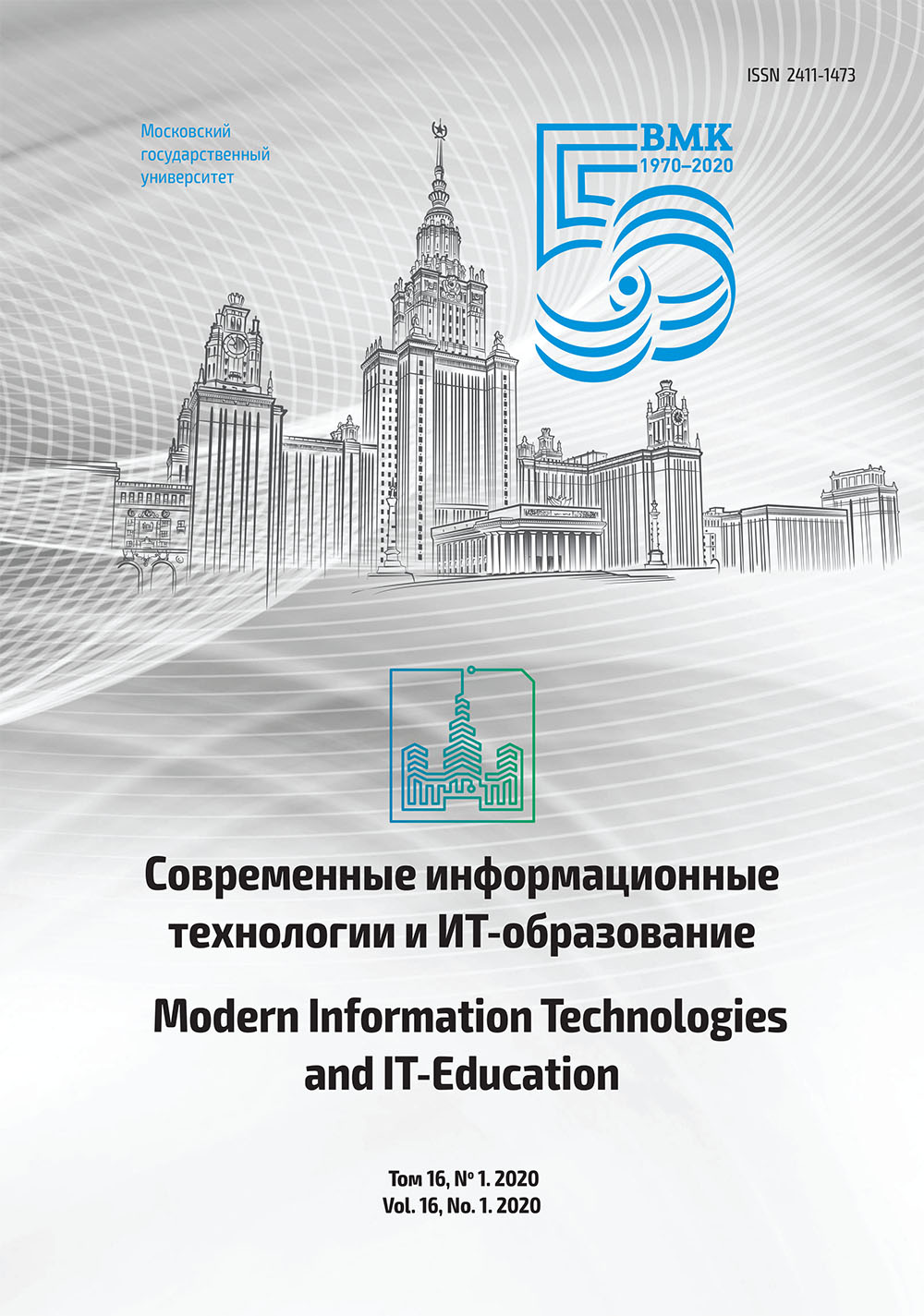Fintech, Regtech и регуляторные песочницы: понятие, цифровая онтология, перспективы
Аннотация
Статья посвящена тематическому горизонту новейших подходов в регулировании и саморегулировании экономики, финансовой сферы, IT-сферы, сферы технологических инноваций. Авторы представляют оригинальные подробные объяснения смысла и онтологии концептов RegTech, FinTech, ConTech, PropTech, Real Estate FinTech, Shared Economy, а также объяснения корреляций этих концептов. Обозначены причины и предпосылки появления этих технологий. Одним из наиболее активно внедряемых видов регуляторных технологий, как показано в статье, являются регуляторные песочницы. Работа основана на использовании исследовательских методов анализа и синтеза, индукции и дедукции, классификации и моделирования, наблюдения. При помощи этих методов авторами были детально описаны дистинктивные характеристики и предиктивно изложены особенности метода регуляторных песочниц, его цели и возможности его применения.
Авторы подробно описывают и объясняют концепт, назначение и онтологию регуляторной песочницы.
Изложен (с авторскими комментариями) подробный обзор представленных в научной литературе дефиниций и интерпретаций понятия регуляторной песочницы. Даны авторские определения ключевых понятий (включая понятие регуляторной песочницы), показана степень закрепления этих понятий в российских официальных документах. Авторы показывают истоки концепта регуляторной песочницы в IT-сфере и в инженерии и объясняют вероятную логику происхождения такого названия у исследуемого метода.
Показаны различия между концептом Reallabe и концептом регуляторной песочницы. Кратко показан зарубежный опыт создания регуляторных песочниц.
Статья завершается авторскими мыслями относительно перспективы и рисков будущего применения регуляторных песочниц.
Литература
[2] Shaydullina V. The conceptual problems of legal regulation of the turnover of the cryptocurrency in the Russian Federation. Modern Science: actual problems of theory and practice", a series of "Economics and law". 2019; (03):123-127. Available at: https://elibrary.ru/item.asp?id=38217549 (accessed 10.03.2020). (In Russ., abstract in Eng.)
[3] Turganbaev A.O. Administrativno-pravovoe obespechenie i realizacija strategicheskogo planirovanija v gosudarstvennom upravlenii [Administrative and legal support and implementation of strategic planning in public administration]. Buki Vedi, Мoscow; 2019. (In Russ.)
[4] Morhat P.M. Ponjatie innovacij v nauke: Obzor nauchnoj mysli [The concept of innovation in science: Review of scientific thought]. Buki Vedi, Мoscow; 2015. (In Russ.)
[5] Morhat P.M. Pravo i iskusstvennyj intellekt [Law and artificial intelligence]. Yuniti-Dana, Moscow; 2018. (In Russ.)
[6] Belikova K.M. Features of legal regulation of the digital intelligent economy. Law and Legislation. 2018; (8):26-30. (In Russ., abstract in Eng.) DOI: https://doi.org/10.24411/2073-3313-2018-10090
[7] Belikova K.M. Digital intelligent economy: the concept and features of legal regulation (theoretical aspect). Nauka i obrazovanie: hozjajstvo i jekonomika; predprinimatel'stvo; pravo i upravlenie. 2018; (8):82-86. Available at: https://elibrary.ru/item.asp?id=35330055 (accessed 10.03.2020). (In Russ., abstract in Eng.)
[8] Aristov E.V., Kuznetsova O.A. On the formation and development of the law of robots (legal regulation of robotics). Nauka i obrazovanie: hozjajstvo i jekonomika; predprinimatel'stvo; pravo i upravlenie. 2018; (8):58-62. Available at: https://elibrary.ru/item.asp?id=35330050 (accessed 10.03.2020). (In Russ., abstract in Eng.)
[9] Schwab K. The Fourth Industrial Revolution. New York: Crown Publishing Group; 2017. (In Eng.)
[10] Lin T.C.W. Infinite Financial Intermediation. Wake Forest Law Review. 2015; 50:643-669. Available at: https://papers.ssrn.com/sol3/papers.cfm?abstract_id=2711379 (accessed 10.03.2020). (In Eng.)
[11] Ringe W.-G., Ruof C. Regulating Fintech in the EU: the Case for a Guided Sandbox. European Journal of Risk Regulation. 2020; 11(3):604-629. (In Eng.) DOI: https://doi.org/10.1017/err.2020.8
[12] Dostov V.L., Schust P.M., Ryabkova E.S. "Regulatory Sandboxes" as an Instrument to Support Financial Innovations. Den'gi I Kredit = Russian Journal of Money and Finance. 2016; (10):51-56. Available at: https://elibrary.ru/item.asp?id=26738162 (accessed 10.03.2020). (In Russ., abstract in Eng.)
[13] Flückiger A. (Re)faire la Loi : Traité de légistique à l'ère du Droit souple. Berne: Stämpfli Editions; 2019. Available at: https://archive-ouverte.unige.ch/unige:116477 (accessed 10.03.2020). (In French)
[14] Lewis G.C. A Treatise of the Methods of Observation and Reasoning in Politics, vol. I. London: John W. Parker and son, West Strand; 1852. (In Eng.)
[15] Williams J. Experiment in Legislation. The Law Magazine and Law Review. 1889; 14:299-314. Available at: https://archive.org/details/dli.bengal.10689.19656/page/n13/mode/2up (accessed 10.03.2020). (In Eng.)
[16] Daugman J.G. Brain Metaphor and Brain Theory’. In: E.L. Schwartz (ed.) Computational Neuroscience. M.I.T. Press, Cambridge, Mass.; 1990. p. 9-18. (In Eng.)
[17] Ortega y Gasset J. The Revolt of the Masses. Revised ed. Edition, W.W. Norton & Company, New York, USA; 1994. (In Eng.)
[18] Abramenkova V.V. Vo chto igrajut nashi deti? Igrushka i AntiIgrushka [What do our children play? Toy and Antitoy]. Moscow; 2006. (In Russ.)
[19] Redkina A.I. The Concept of Autonomy in Law: Theoretical Aspect. Law and Education. 2016; (11):13-21. Available at: https://elibrary.ru/item.asp?id=27202272 (accessed 10.03.2020). (In Russ., abstract in Eng.)
[20] Redkina A.I. The Concept of Autonomy in the Law: Features, Functions and Problems of Application. Law and Education. 2016; (12):110-117. Available at: https://elibrary.ru/item.asp?id=27346202 (accessed 10.03.2020). (In Russ., abstract in Eng.)

Это произведение доступно по лицензии Creative Commons «Attribution» («Атрибуция») 4.0 Всемирная.
Редакционная политика журнала основывается на традиционных этических принципах российской научной периодики и строится с учетом этических норм работы редакторов и издателей, закрепленных в Кодексе поведения и руководящих принципах наилучшей практики для редактора журнала (Code of Conduct and Best Practice Guidelines for Journal Editors) и Кодексе поведения для издателя журнала (Code of Conduct for Journal Publishers), разработанных Комитетом по публикационной этике - Committee on Publication Ethics (COPE). В процессе издательской деятельности редколлегия журнала руководствуется международными правилами охраны авторского права, нормами действующего законодательства РФ, международными издательскими стандартами и обязательной ссылке на первоисточник.
Журнал позволяет авторам сохранять авторское право без ограничений. Журнал позволяет авторам сохранить права на публикацию без ограничений.
Издательская политика в области авторского права и архивирования определяются «зеленым цветом» в базе данных SHERPA/RoMEO.
Все статьи распространяются на условиях лицензии Creative Commons «Attribution» («Атрибуция») 4.0 Всемирная, которая позволяет другим использовать, распространять, дополнять эту работу с обязательной ссылкой на оригинальную работу и публикацию в этом журналe.













